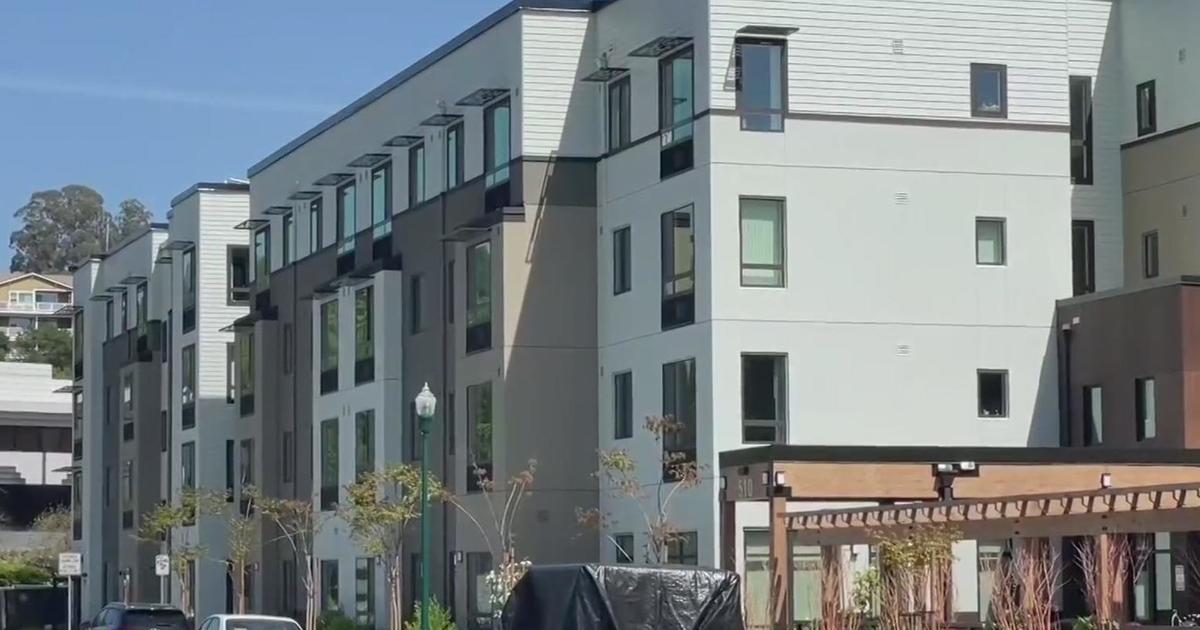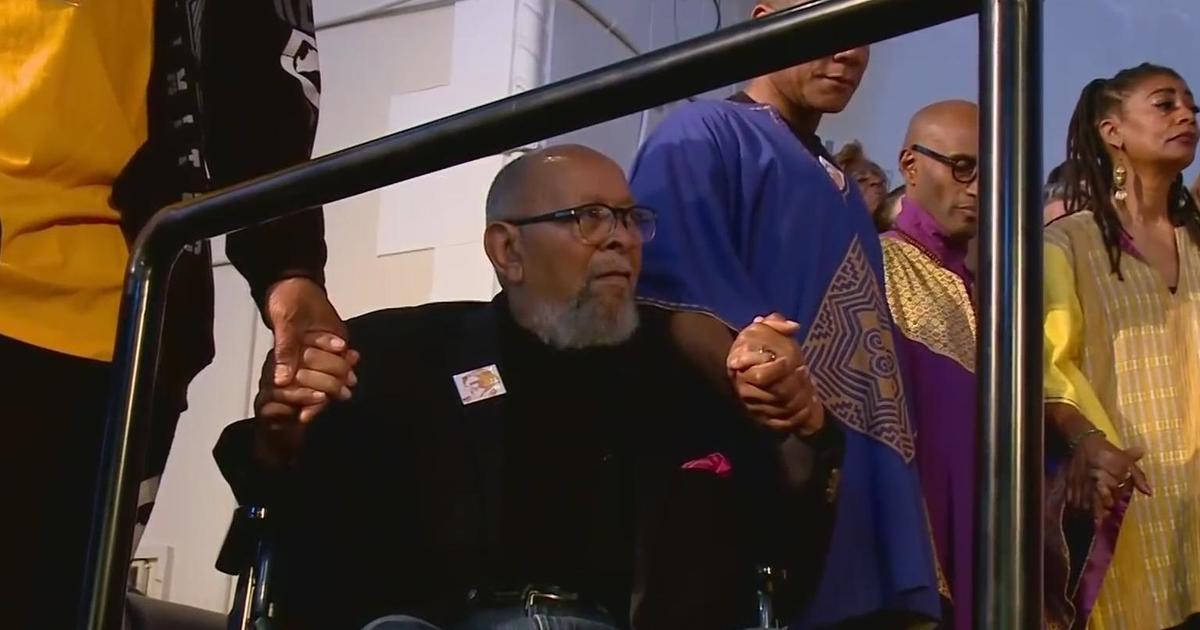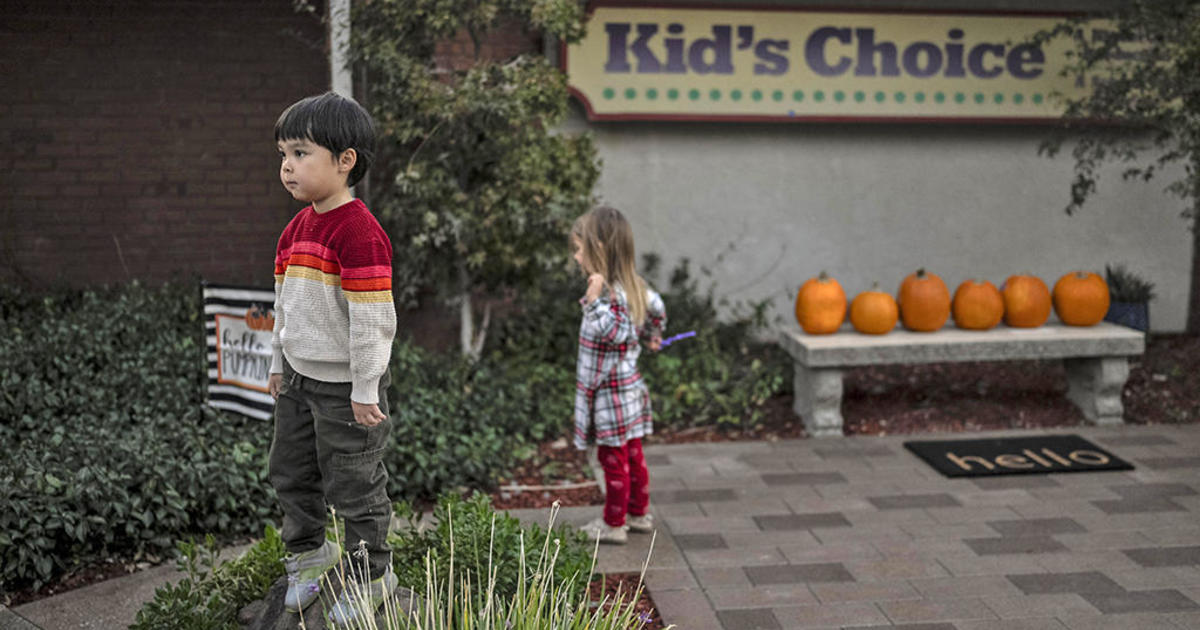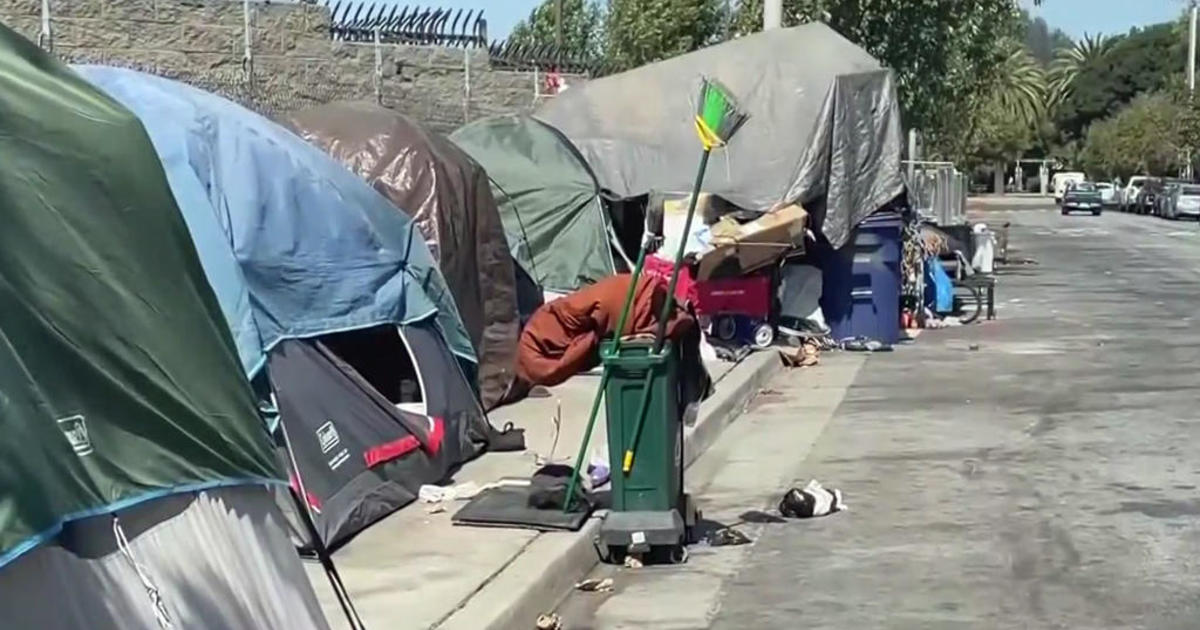California Pregnancy Center Abortion Info Law Heads To U.S. Supreme Court
(CBS SF) -- The U.S. Supreme Court will hear arguments Tuesday on the constitutionality of a California law that requires pregnancy crisis clinics to inform patients about the availability of abortions.
A coalition of clinics that oppose abortion on religious grounds claims the 2015 law violates the centers' First Amendment rights of free speech and freedom of religion by forcing them to give a message they "profoundly" oppose.
"Forcing a pro-life group to advertise for abortion has to be unconstitutional," lawyers for the National Institute of Family and Life Advocates, or NIFLA, argued in a brief filed in January.
The group is appealing a decision in which the 9th U.S. Circuit Court of Appeals in San Francisco upheld the law in 2016.
The appeals court said the law is a neutral measure that does not discriminate on the basis of religious beliefs, and that it supports the state's interests in "safeguarding public health and fully informing Californians of the existence of publicly funded medical services."
Pregnancy crisis clinics are centers that provide pregnancy-related services but do not offer abortions or emergency contraception or referrals for such services.
NIFLA has told the high court the centers have "the sole mission of encouraging expectant mothers to give their children the opportunity for life."
The state law is called the Reproductive FACT (Freedom, Accountability, Comprehensive Care and Transparency) Act and its stated purpose is to assure that "all California women, regardless of income...have access to reproductive health services."
It requires state-licensed medical clinics providing pregnancy-related services to post notices telling patients that California has free and low-cost programs that offer comprehensive family planning services, including contraception, prenatal care and abortion.
The notices must give the telephone number of the county social services office so that patients can obtain more information. Unlicensed clinics are required to inform patients that they lack state licenses to provide medical care.
The Supreme Court's eventual ruling, due by the end of June, could affect two related local laws enacted by the cities of San Francisco and Oakland.
The two local laws take a slightly different approach from the state law: while the FACT Act requires certain disclosures, the San Francisco and Oakland laws ban misleading and false advertising about the services offered by pregnancy crisis centers.
The San Francisco law, enacted in 2011, was aimed at centers that allegedly advertise they can help women with unintended pregnancies decide what to do next, but don't disclose they are anti-abortion and don't provide referrals for the procedure.
The San Francisco law was upheld last year by the 9th Circuit in a separate lawsuit filed by the First Resort center, also known as Support Circle, in San Francisco.
The center appealed last month to the Supreme Court for review of that ruling. The case is still in an early stage of briefing on whether the high court should take up the case, and San Francisco's response is not due until April 19.
Meanwhile, however, San Francisco and Oakland, together with Santa Clara County, Los Angeles, New York and Baltimore, joined in a friend-of-the court brief supporting the state law being argued on Tuesday.
The brief alleges that while some centers advertise their services honestly, others deceptively suggest they provide abortions, give women inaccurate medical and legal information and delay women in obtaining care until it is too late for a legal abortion.
"The FACT Act disclosures advance California's compelling interests in combating consumer deception, protecting public health, and promoting informed decision-making," the cities' brief argues.
In the San Francisco case, lawyers for First Resort suggested in their Supreme Court petition in February that the center's lawsuit is so closely related to the FACT Act case that high court might want to put the local case on hold until it decides the state-law case.



